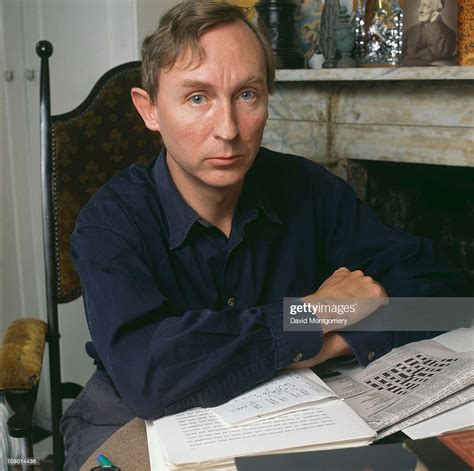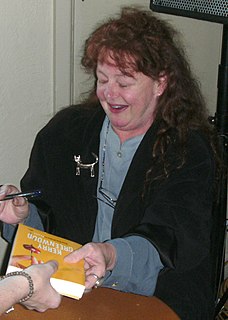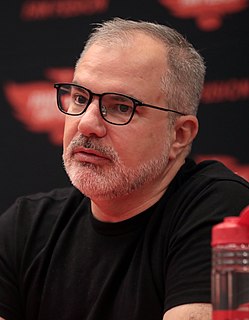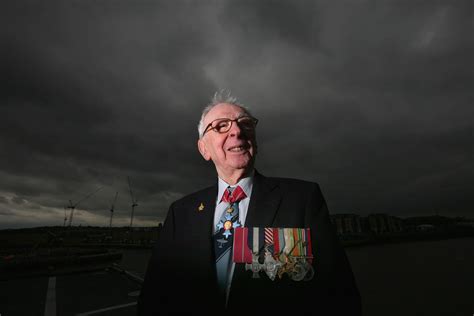A Quote by A. N. Wilson
If you imagine writing 1,000 words a day, which most journalists do, that would be a very long book a year.
Related Quotes
If you interrupt the writing of fast narrative with too much introspection and self-criticism, you will be lucky if you write 500 words a day and you will be disgusted with them into the bargain. By following my formula, you write 2,000 words a day and you aren’t disgusted with them until the book is finished, which will be in about six weeks.
What a wee little part of a person's life are his acts and his words! His real life is led in his head, and is known to none but himself. All day long, the mill of his brain is grinding, and his thoughts, not those of other things, are his history. These are his life, and they are not written. Everyday would make a whole book of 80,000 words -- 365 books a year. Biographies are but the clothes and buttons of the man -- the biography of the man himself cannot be written.
I have to write three books a year to make a reasonable living out of writing - unless, of course, she gets a major American film deal. Phryne has been optioned since the very first book, but to make a historical TV movie, it costs $30,000 a day extra for the historical detail to be correct, so most people aren't doing it.
I'm still happy with the way Einstein's Dreams came out. That book came out of a single inspiration. I really felt like I was not creating the words, that I was hearing the words. That someone else was speaking the words to me and I was just writing them down. It was a very strange experience. That can happen with a short book. I don't think it could happen with a long book.
Writing my first book, I think in hindsight I went into it saying, 'It's gonna sell.' I was earning enough to scrape by sometime around a book or two before 'Tell No One.' I moved up from $50,000 to $75,000, then $150,000 for each book. I had never thought I would be doing anything else. I had enough encouragement.
I like that every page in every book can have a gem on it. It's probably what I love most about writing--that words can be used in a way that's like a child playing in a sandpit, rearranging things, swapping them around. They're the best moments in a day of writing -- when an image appears that you didn't know would be there when you started work in the morning.




































